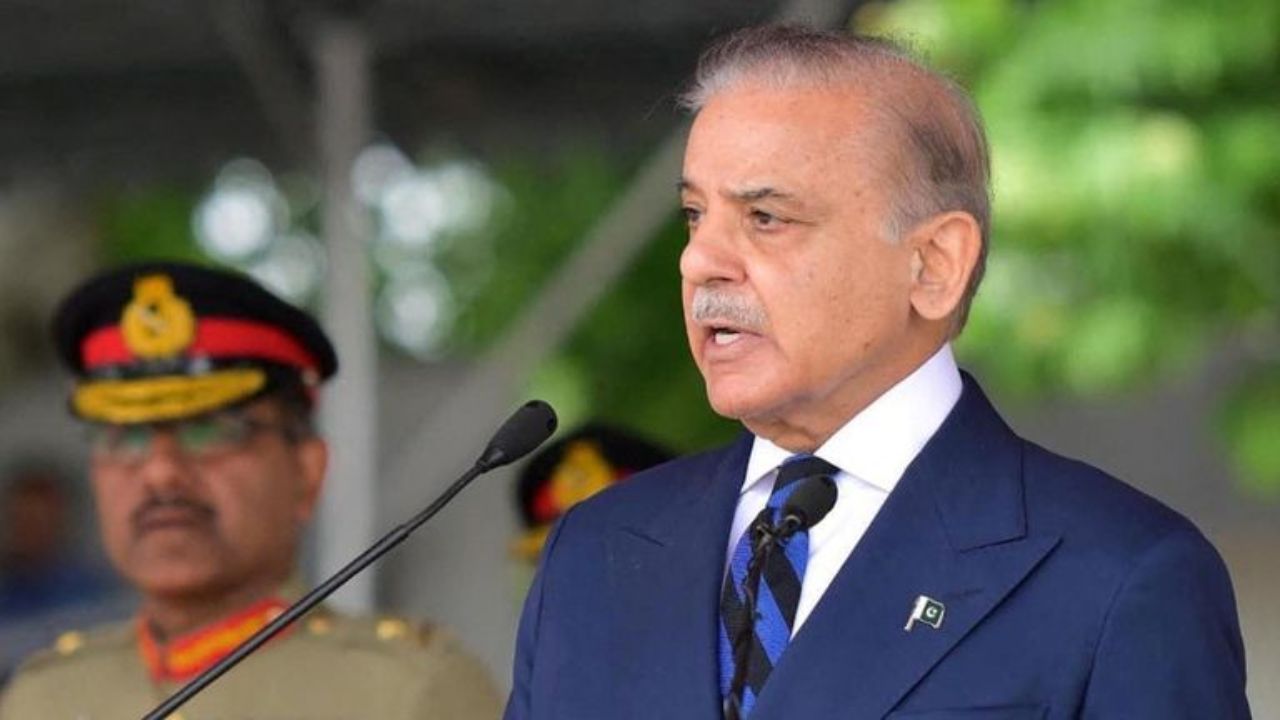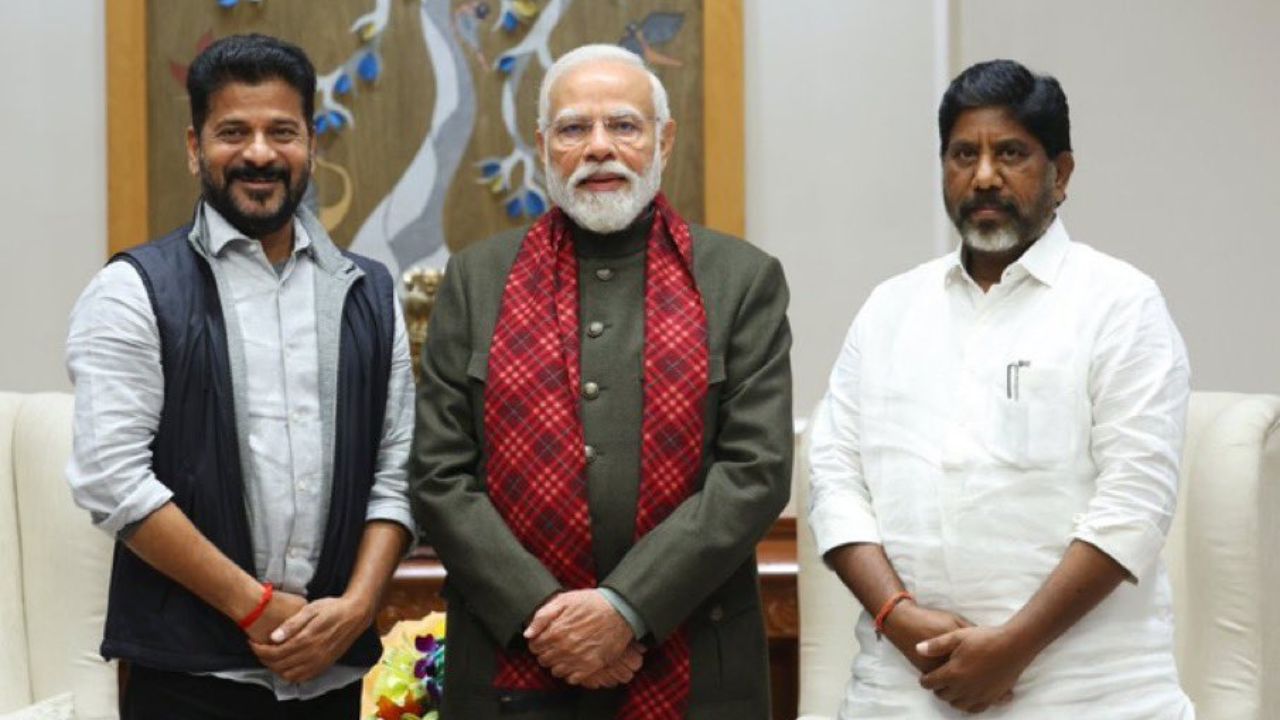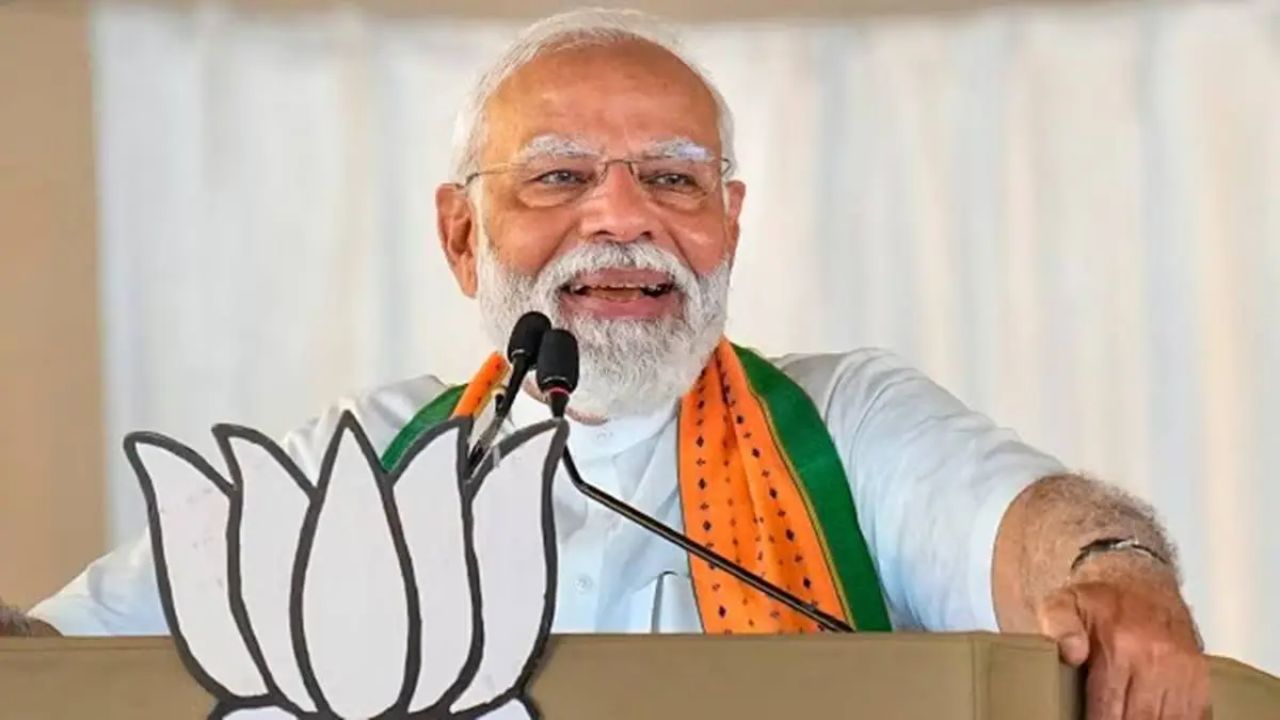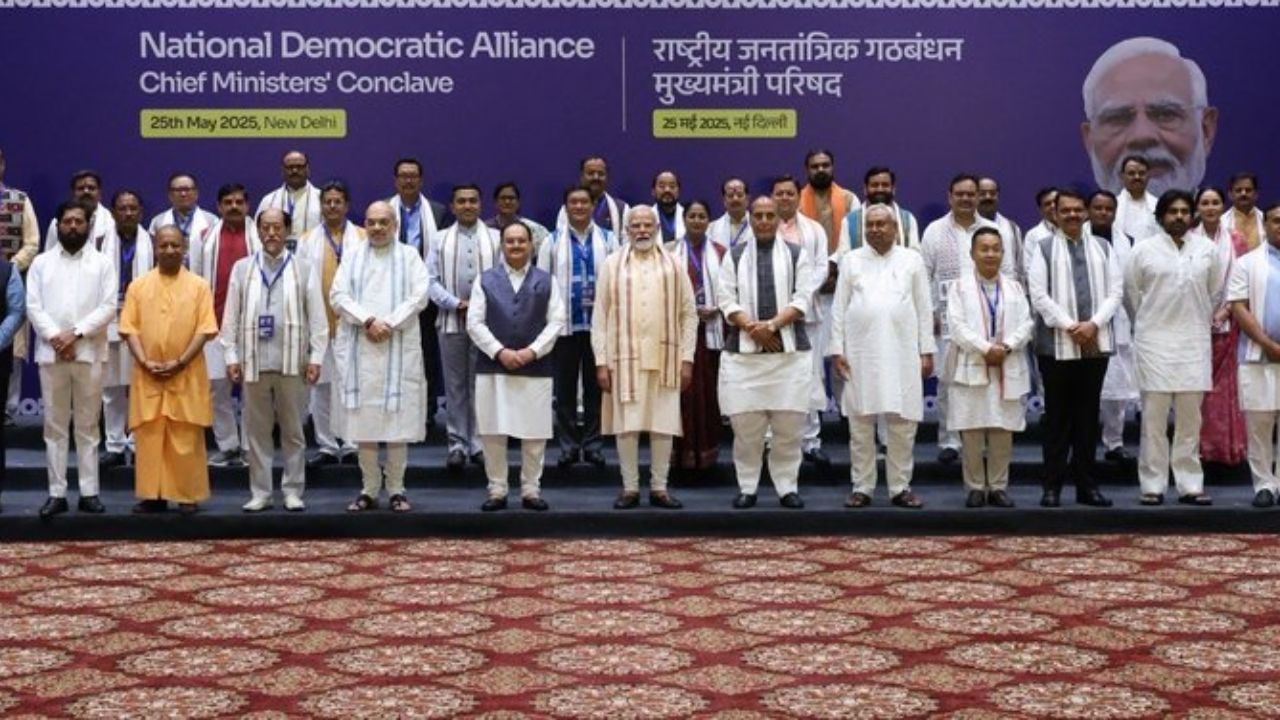Manmohan Singh, the visionary economist and former Prime Minister of India, passes away at 92, leaving behind a legacy as a key architect of India’s economic liberalization.
Manmohan Singh’s passing represents the loss of a leader who not only shaped the course of Indian politics but also left an indelible mark on the global stage. His tenure as Prime Minister is remembered
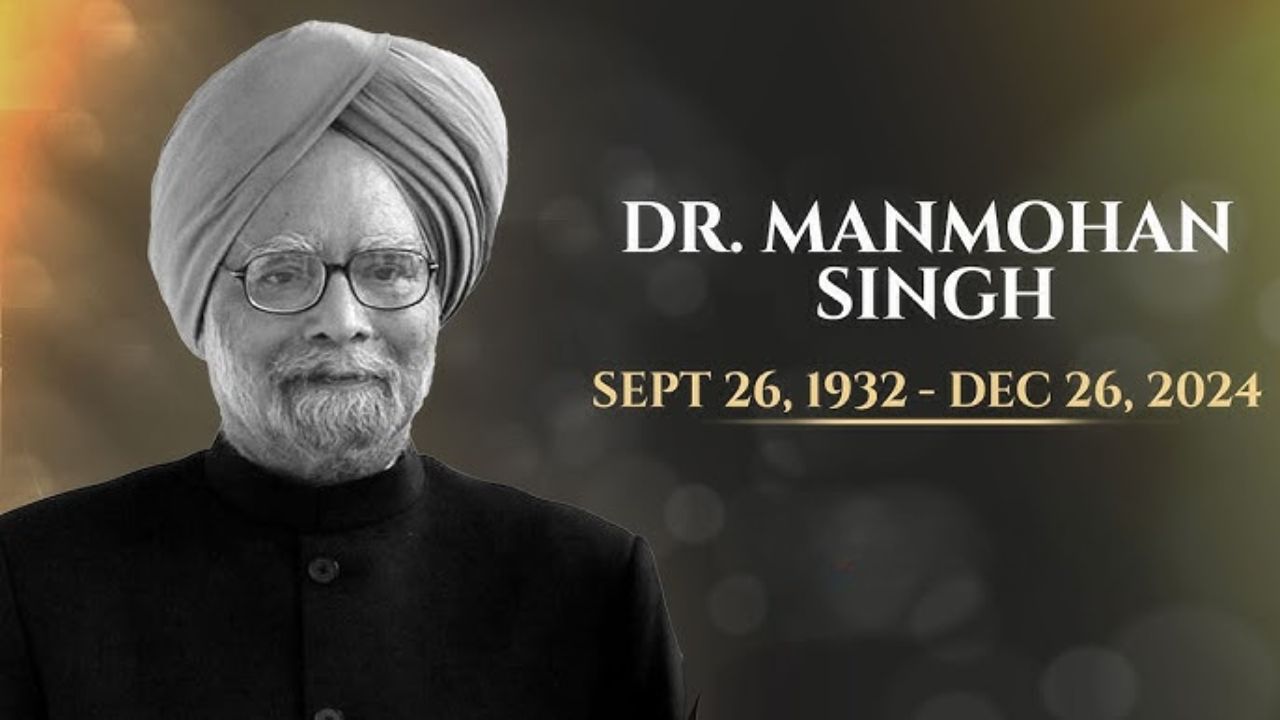
Manmohan Singh’s passing represents the loss of a leader who not only shaped the course of Indian politics but also left an indelible mark on the global stage. His tenure as Prime Minister is remembered for navigating India through complex challenges, and for his calm, intellectual approach to governance that earned him respect from political adversaries and world leaders alike.
Born in 1932, in what is now Pakistan, Singh’s rise to prominence is a testament to his hard work and intellectual brilliance. From his early life in a remote village, where he had to walk miles to attend school and study under the dim light of a kerosene lamp, to his years at prestigious universities like Cambridge and Oxford, Singh’s story is one of resilience, education, and determination. His belief in the transformative power of education never wavered, and it was a belief that influenced many of his policies as Prime Minister, particularly his efforts to improve access to education and opportunities for marginalized communities.
In 1991, as Finance Minister under Prime Minister P.V. Narasimha Rao, Singh’s role in India’s economic liberalization became one of his most defining achievements. With the country facing an economic crisis, Singh took bold steps that would set India on the path to becoming one of the world’s fastest-growing economies. His 1991 budget speech remains iconic, symbolizing India’s new direction. Under his leadership, India dismantled decades of protectionist policies and embraced free-market reforms. These reforms, including opening up foreign investments, reducing bureaucratic controls, and boosting privatization, set the stage for India’s rapid growth in the years that followed.
Singh’s leadership during his two terms as Prime Minister from 2004 to 2014 was marked by remarkable strides in India’s global standing. He steered the country through the 2008 global financial crisis, and his diplomatic efforts, particularly the Indo-US nuclear deal, played a crucial role in strengthening India’s ties with the United States and positioning it as a key player in international politics. His calm and composed demeanor in the face of global economic turmoil earned him praise from international leaders, including US President Barack Obama, who described him as a “man of uncommon decency and wisdom.”
Domestically, Singh was lauded for his emphasis on social welfare schemes. The introduction of programs such as the National Rural Employment Guarantee Act (NREGA) and the Right to Education Act were milestones of his tenure, aimed at lifting millions out of poverty and ensuring that every Indian child had access to quality education. His government also worked to create a more inclusive India, with policies that targeted the upliftment of women, minorities, and backward communities.
However, Singh’s second term was marred by allegations of corruption and policy paralysis, which affected his legacy. Scandals such as the 2G spectrum case, the Commonwealth Games mismanagement, and the coal block allocation scam tarnished the image of his government. Despite these challenges, Singh remained unflinching in his integrity and chose not to engage in the political mud-slinging that often defined the era. His famous statement, “History will be kinder to me,” reflected his quiet confidence that, in time, his contributions to the country would be recognized.
Singh’s leadership was characterized by pragmatism, foresight, and a deep sense of responsibility. Though he was often seen as a quiet and reserved figure, his influence in shaping India’s policies and guiding the country through difficult economic and political challenges was immense. His ability to work across political divides and form coalitions in India’s complex multi-party system was a testament to his diplomatic skills and his commitment to the country’s development.
His passing has prompted an outpouring of tributes from political figures, academics, and citizens alike, all acknowledging his invaluable contributions to the nation. Prime Minister Narendra Modi, in his tribute, lauded Singh as a “respected economist” whose “interventions in Parliament were also insightful.” Similarly, Congress leaders, including Rahul Gandhi and Mallikarjun Kharge, celebrated Singh’s wisdom, humility, and lifelong dedication to the service of the country.
In the years to come, Singh’s legacy will undoubtedly be remembered as one that shaped the modern Indian economy. His role in the liberalization of the 1990s and his efforts to ensure social welfare for millions will remain as his lasting contributions to the nation. Beyond politics, Manmohan Singh was a man who embodied the spirit of India—resilient, humble, and always looking towards the future with hope and determination.
As the country reflects on his legacy, it is clear that Dr. Manmohan Singh will always be remembered as a transformative leader, a visionary economist, and a statesman whose wisdom and dedication to India’s progress continue to inspire generations.


